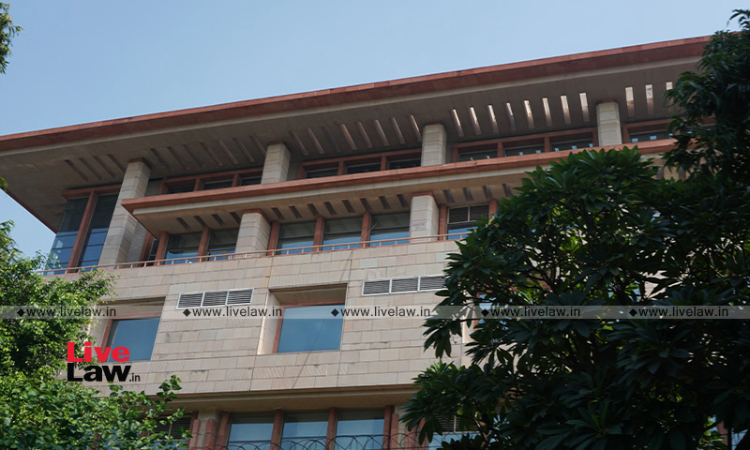No Bar On Pursuing Criminal Proceedings After Arbitration Has Commenced: Delhi High Court
Prateek Chakraverty
28 Jan 2022 11:21 AM IST

Next Story
28 Jan 2022 11:21 AM IST
Observing that commencement of arbitration does not bar a party from pursuing criminal proceedings, the Delhi High Court directed the Police to investigate the complaint lodged by a Non-Banking Finance Company against one of its defaulting borrowers.Justice Subramonium Prasad observed,"there is no bar of pursuing criminal proceedings once arbitration has commenced."In the instant case, the...
